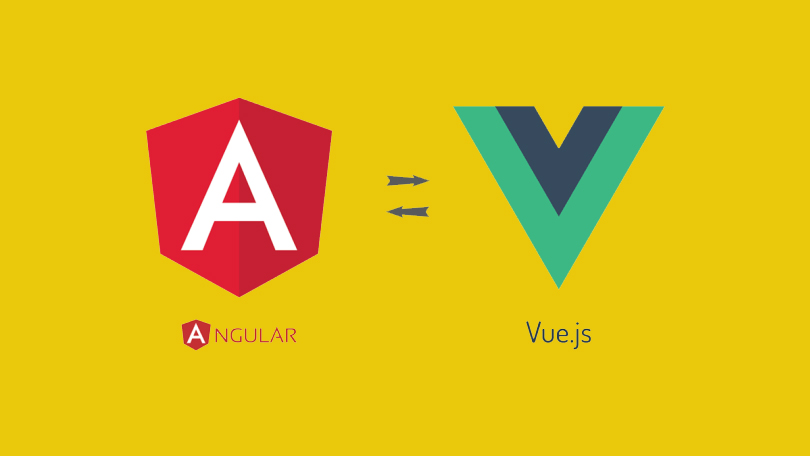In the field of front-end development, the efficacy and efficiency of your online apps can be greatly impacted by the framework you choose. Two well-liked competitors in this field are Vue.js and AngularJS. Both have their own special qualities in addition to their strong features and benefits. To assist you in selecting the one that might be the greatest fit for your project, let’s take a deeper look at each.
AngularJS
Google created and maintains AngularJS, a feature-rich front-end framework for creating dynamic online applications. Because it adheres to the Model-View-Controller (MVC) design, it can be used for complicated, large-scale projects. AngularJS has the following important features:
- AngularJS enables automatic data synchronization between the model and the view, minimizing manual DOM manipulation.
- Dependency injection: It provides built-in support for dependency injection, enabling better modularization and testability of code.
- Directives: AngularJS offers a powerful feature called directives, which allows developers to create custom HTML tags and attributes for extending HTML functionality.
- Large ecosystem: With a vast ecosystem of libraries, tools, and community support, AngularJS is well-suited for enterprise-level applications.
Vuejs
Conversely, Vue.js is a progressive JavaScript framework designed for creating user interfaces. Evan You built it, and because of its adaptability and simplicity, it has become very popular. Here are some of Vue.js’s salient features:
- Reactive data binding: Similar to AngularJS, Vue.js also supports reactive data binding, making it easy to keep the UI in sync with the underlying data.
- Component-based architecture: Vue.js encourages a component-based approach to building applications, allowing developers to encapsulate UI elements into reusable components.
- Lightweight and easy to learn: Vue.js is known for its minimalistic core and gentle learning curve, making it accessible to both beginners and experienced developers.
- Vue.js supports incremental adoption, enabling developers to integrate it into existing projects gradually, without requiring a complete rewrite, unlike AngularJS.
Conclusion
Both AngularJS and Vue.js offer distinct benefits and drawbacks, and the choice depends on your project’s requirements and your team’s preferences. AngularJS excels for large-scale enterprise applications due to its robust ecosystem and feature set. Conversely, Vue.js is ideal for its simplicity and flexibility, making it easily integrable into existing projects. Regardless of your choice, both frameworks empower developers to craft modern, interactive web applications

